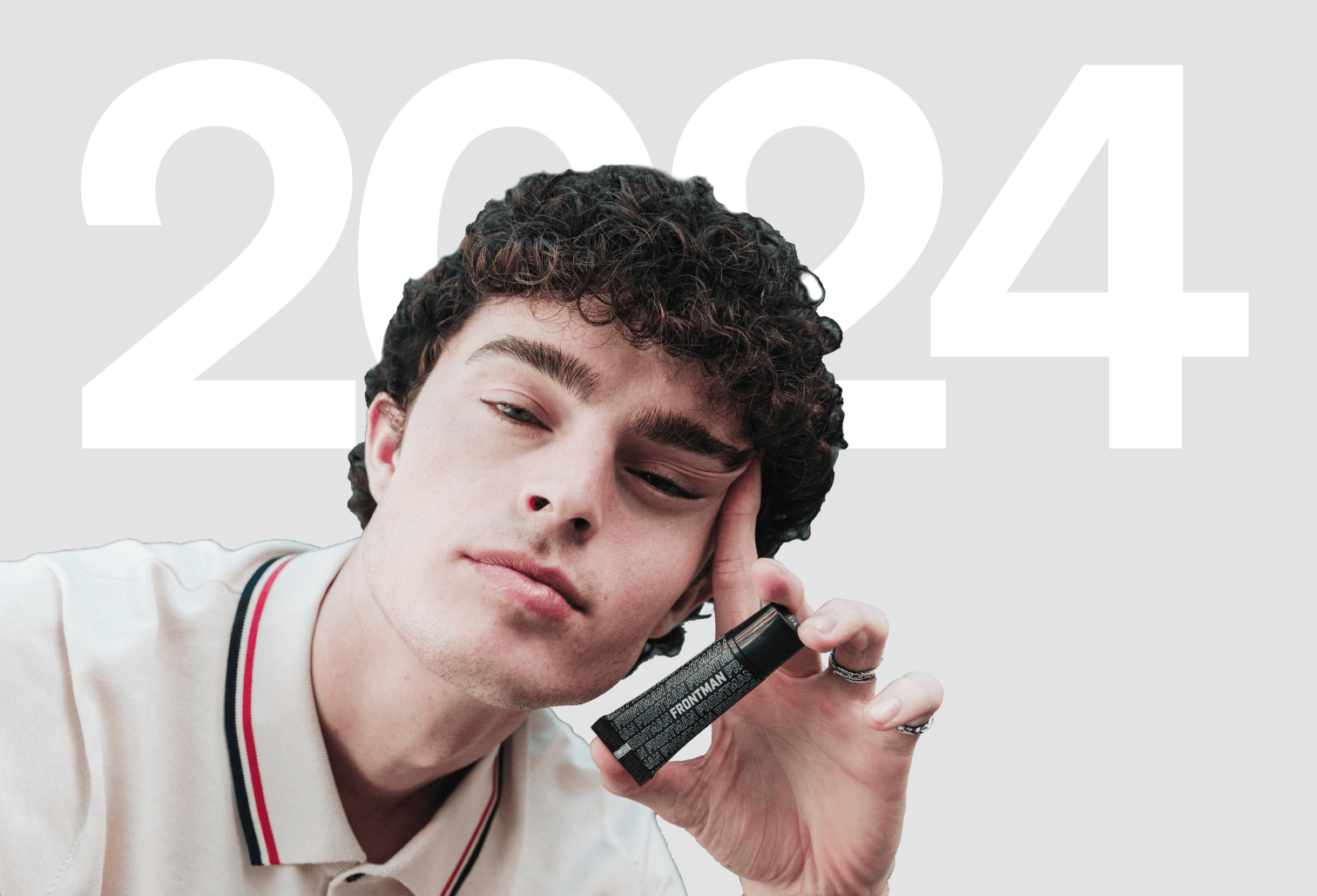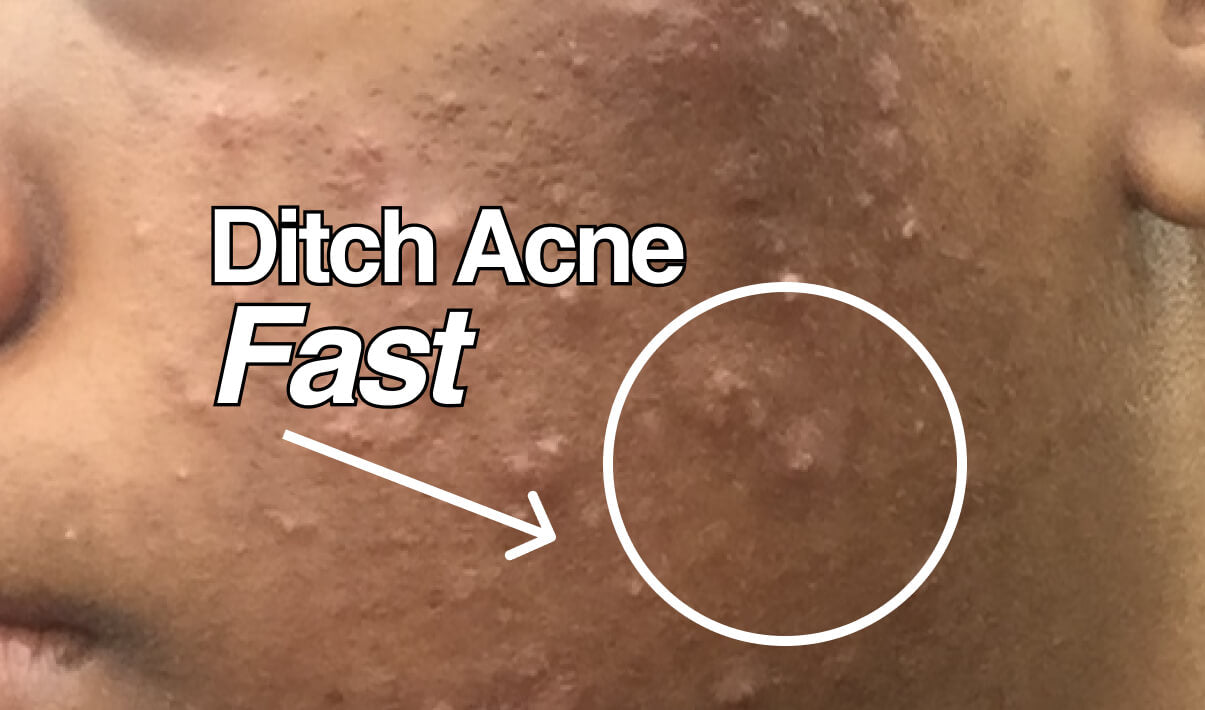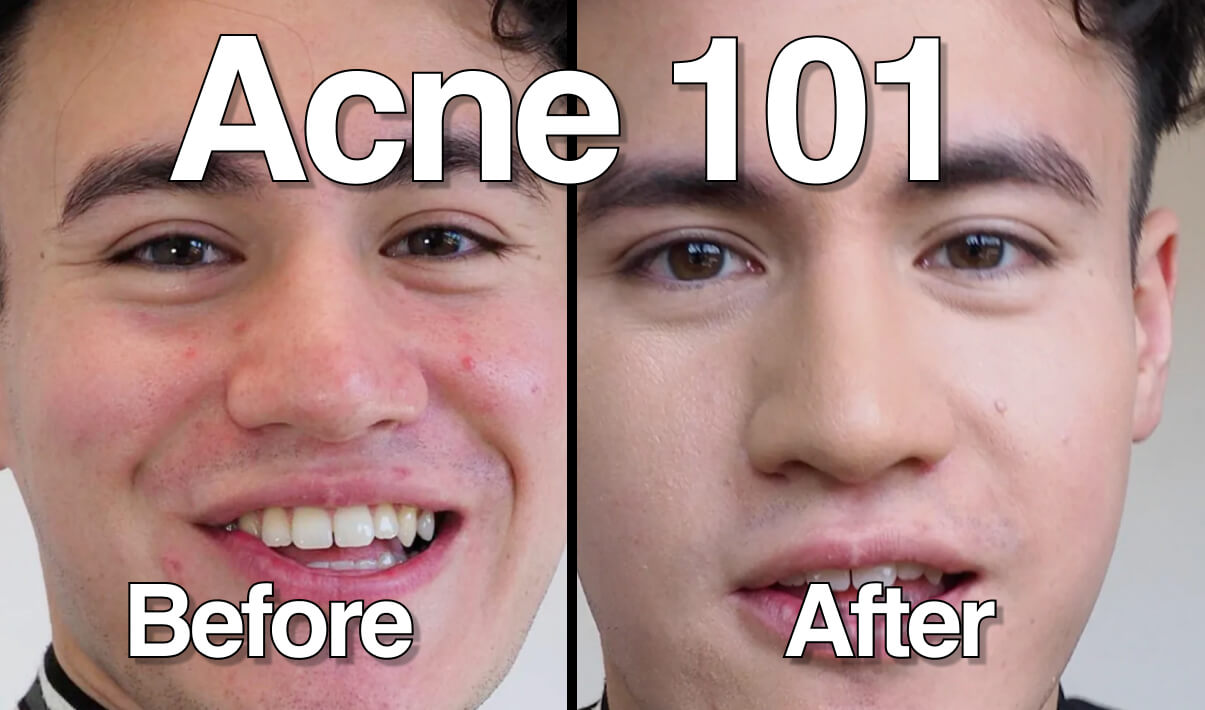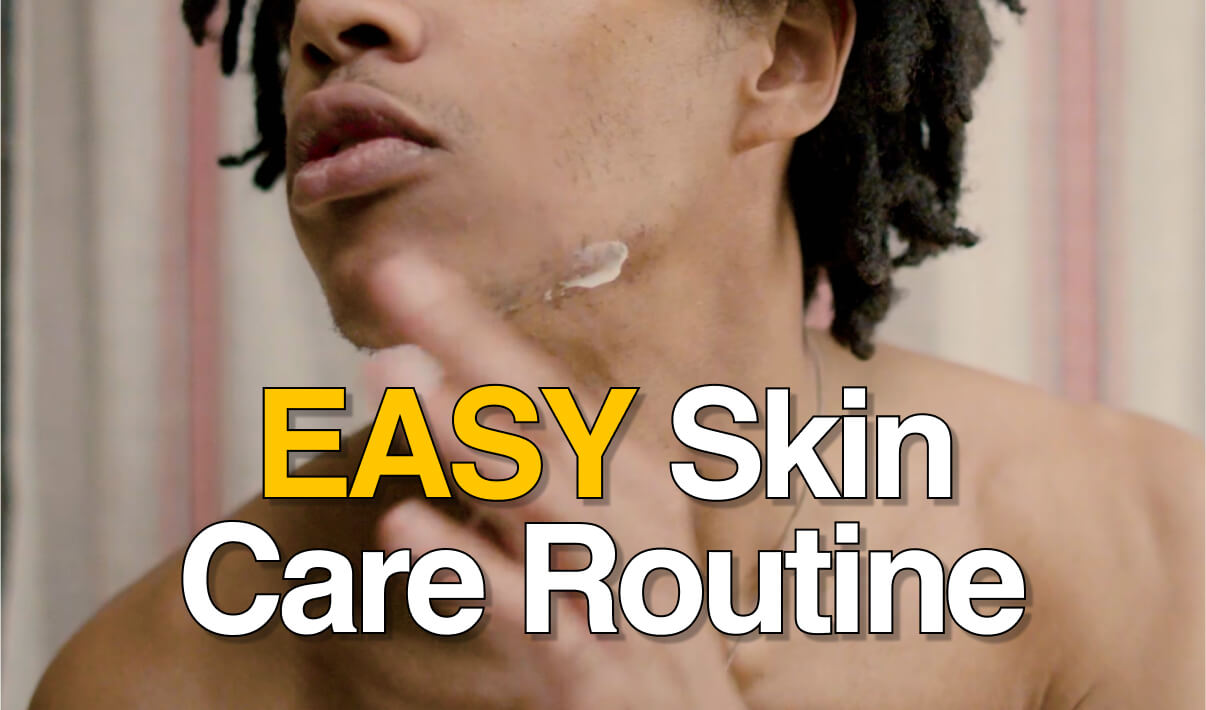As we commemorate Men's Mental Health Month this June, it is crucial to explore the multifaceted relationship between mental well-being and physical health. We'll dive into an intriguing field known as psychodermatology, specifically examining the connection between mental health and acne. By understanding the influence of our emotions and stress levels on our skin, we can uncover the potential for self-care routines to enhance both our mental and physical health.
Understanding Psychodermatology
Psychodermatology is an emerging field that investigates the intricate interplay between the mind and skin health. It highlights how emotions, stress, and psychological well-being can impact various skin conditions, including acne. For years, researchers have recognized the existence of a strong connection between mental health and acne, highlighting how stress can trigger or worsen breakouts.
The Mind-Skin Connection
Our skin, the largest organ in the body, is incredibly responsive to our emotional state. Stress, anxiety, and depression have been shown to disrupt the delicate balance of hormones, leading to an increase in sebum (oil) production, clogged pores, and inflammation. These factors contribute to the development of acne.
Furthermore, stress triggers the release of stress hormones like cortisol, which can intensify inflammation and the severity of acne lesions. The physiological response to stress weakens the skin's barrier function, making it more susceptible to bacterial colonization and infection.
Psychological factors such as low self-esteem and body image issues also play a significant role in the psychodermatological connection. Acne can negatively impact self-confidence and self-worth, leading to social withdrawal, isolation, and even depression or anxiety disorders. Conversely, the emotional distress caused by acne can create a vicious cycle, as stress exacerbates the condition, perpetuating the cycle of poor mental health.
The Role of Self-Care in Mental and Skin Health
Fortunately, psychodermatology provides us with valuable insights into the potential benefits of self-care practices in managing acne and improving mental health simultaneously.
-
Stress Management Techniques: Implementing stress management techniques such as mindfulness meditation, deep breathing exercises, or engaging in hobbies and activities that promote relaxation can help regulate cortisol levels and reduce acne flare-ups.
-
Skincare Routine and Healthy Lifestyle: Establishing a skincare routine tailored to your skin type and using non-comedogenic products can support acne management. A balanced diet, regular exercise, and sufficient sleep are also crucial for overall well-being and skin health.
-
Seeking Professional Help: Consulting a dermatologist or a mental health professional can be immensely beneficial. Dermatologists can provide personalized acne treatments and advice, while mental health professionals can address any underlying psychological issues contributing to acne or its impact on mental well-being.
-
Building Self-Confidence: Focusing on building self-confidence and positive self-image is essential. Engaging in activities that make you feel good about yourself, practicing self-compassion, and surrounding yourself with a supportive network can all contribute to improved mental health and a more positive outlook.
Resources for Men's Mental Health
- HeadsUpGuys: tips and tools to help men manage depression, including a self-check depression screening tool
- Men's Group: Learn about men's groups and how to find one that's right for you
-
Mental Health America: Screen yourself for depression, post-traumatic stress disorder (PTSD), and addictions, among other mental health conditions
- Therapy for Black Men: Find a Black therapist with relatable experiences
- Clinicians of Color: Find a therapist, social worker, or counselor of color near you
- Black Men Heal: Apply for free therapy sessions
Resources to Help Others
|
TL;DR
Men's Mental Health Month presents an opportunity to shed light on the powerful connection between mental health and acne. Understanding the influence of emotions, stress, and self-care routines on our skin health can lead to a holistic approach that benefits both mental and physical well-being. By acknowledging the mind-skin connection and implementing strategies to manage stress, adopt healthy lifestyle practices, and boost self-confidence, we can nurture our mental health. Let this month serve as a reminder that self-care is not only crucial for our internal well-being but also for the health and vitality of our skin.







